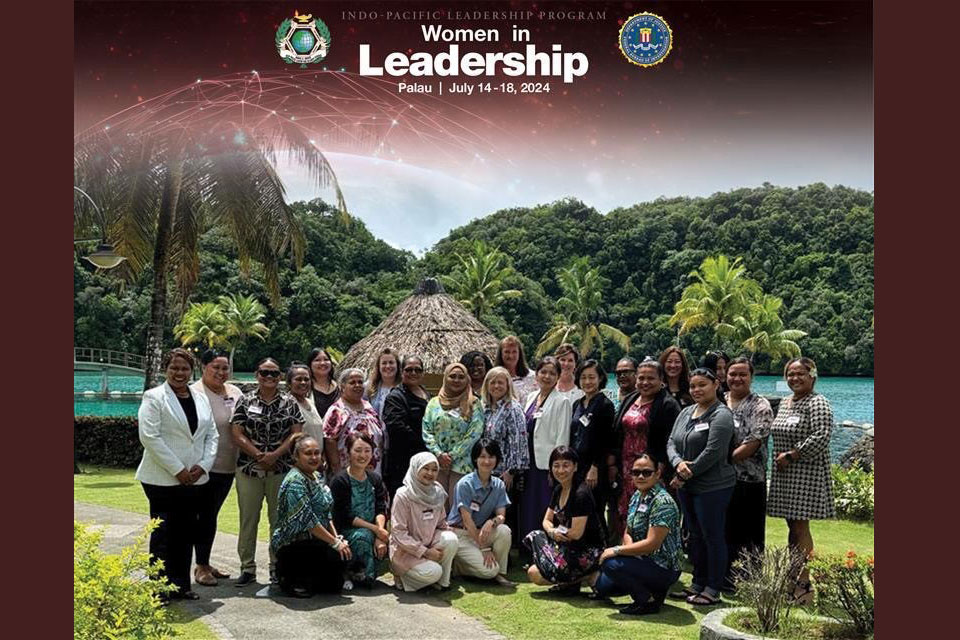Date: Jan. 16, 2024
South Asia, a region of profound significance with its intricate geopolitical dynamics, took center stage in the Security Nexus | Webinar Episode 6, titled “Power Play in South Asia,” held on January 16th, 2024. Hosted by Professor James Minnich and featuring esteemed guest Professor Shyam Tekwani, this webinar delved into the complexities of a region on the cusp of pivotal elections.
South Asia is at a critical juncture, with recent or upcoming national elections in several countries, including Maldives, Bangladesh, Bhutan, Pakistan, Sri Lanka, and India. These elections bear substantial importance not only for the region but also for the broader global landscape.
In the Maldives, the victory of Mohamed Muizzu in the presidential election has raised questions about potential shifts in regional alliances and foreign policy. Bhutan’s election outcome returned Tshering Tobgay as Prime Minister, reflecting the evolving priorities of this young democracy. Meanwhile, Bangladesh remains under the firm grip of Prime Minister Sheikh Hasina amid allegations of opposition suppression.
Pakistan’s upcoming elections in February and India’s massive electoral exercise in April and May underscore the democratic undercurrents in the region.
Professor Shyam Tekwani, a distinguished expert in South Asian security, political violence, terrorism, and media, shared his insights during the webinar. His journey to becoming an academic authority in South Asian security set the stage for a compelling discussion.
Professor Tekwani provided an overview of the current dynamics in South Asia, touching upon key developments and issues shaping the region’s landscape. He highlighted South Asia’s concerning gender disparities, emphasizing the need for comprehensive efforts to promote gender equality and women’s rights.
The conversation then turned to the Maldives, where President Muizzu’s election win could reshape regional alliances and foreign policy. Bhutan’s elections showcased the nation’s evolving priorities and its diplomatic challenges, particularly regarding China.
Bangladesh’s political scene, under Prime Minister Sheikh Hasina’s prolonged leadership, has seen both economic growth and criticism over democratic practices. This discussion raised questions about the country’s democratic health and regional influence.
The geopolitical complexities of Bhutan, with its economic challenges and evolving diplomatic relations, were examined in-depth. Pakistan’s political scene, deeply influenced by its military’s role, raised critical questions about civil-military relations and long-term political stability.
Sri Lanka’s economic crisis, political instability, and major power rivalry were also discussed, providing potential lessons for other small South Asian nations. India’s dynamic political landscape, balancing majority rule and minority rights, was explored in light of recent policies and societal changes.
Professor Tekwani also addressed questions about the US-India relationship in the context of China’s influence and the role of caste dynamics in South Asia.
As the webinar concluded, the audience’s questions were addressed, covering topics such as US-China dynamics in South Asia, India’s foreign policy amid regional elections, and the influence of external powers on stability. These discussions highlighted the region’s complexities and the need for nuanced approaches to address its diverse challenges.
In sum, the Security Nexus | Webinar Episode 6 provided valuable insights into South Asia’s complex geopolitical landscape, offering a deeper understanding of the region’s dynamics, challenges, and opportunities.









Leave A Comment